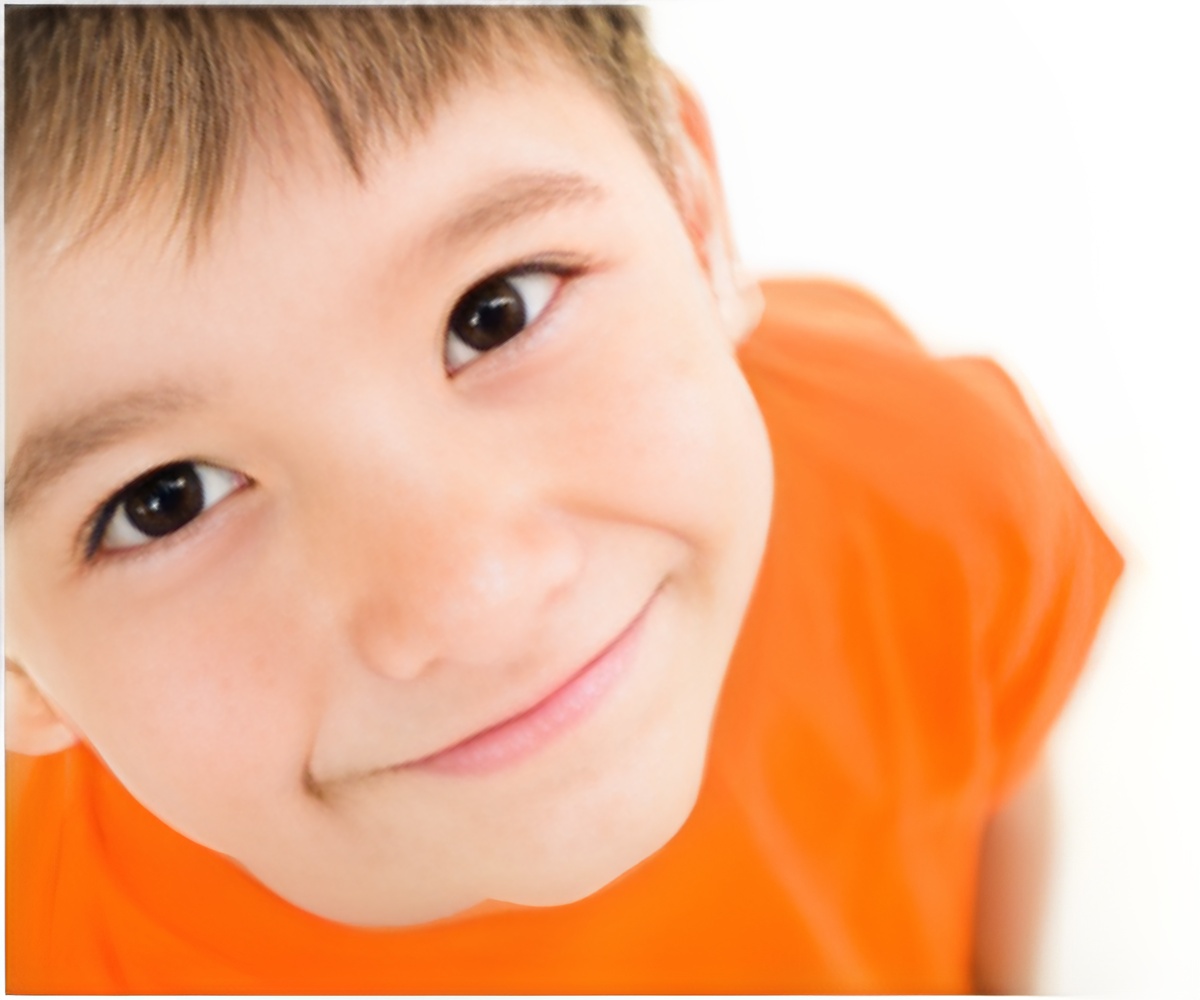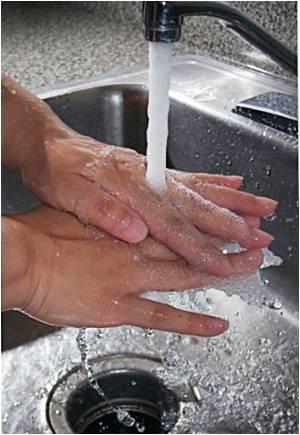Addition of cognitive behavior therapy to drug treatment benefits children and teens with obsessive-compulsive disorder (OCD), finds study published in JAMA.

Martin E. Franklin, Ph.D., of the University of Pennsylvania School of Medicine, Philadelphia, and colleagues conducted a study to examine the effects of augmenting SRIs with CBT or a brief form of CBT, instructions in CBT delivered in the context of medication management. The 12-week randomized controlled trial was conducted at 3 academic medical centers between 2004 and 2009, involving 124 outpatients between the ages of 7 and 17 years with OCD as a primary diagnosis. Participants were randomly assigned to 1 of 3 treatment strategies that included 7 sessions over 12 weeks: 42 in the medication management only, 42 in the medication management plus instructions in CBT, and 42 in the medication management plus CBT; the last included 14 concurrent CBT sessions.
The researchers found that at 12 weeks the percentages of participants who had at least a 30 percent reduction in their Children''s Yale-Brown Obsessive Compulsive Scale baseline score were 68.6 percent in the plus CBT group, 34.0 percent in the plus instructions in CBT group, and 30.0 percent in medication management only-group. Comparisons showed that the plus CBT strategy was superior to both the medication management only strategy and the plus instructions in CBT strategy. The plus instructions in CBT strategy was not statistically better than medication management only.
The researchers add that the findings from this and other studies highlight the importance of disseminating CBT for pediatric OCD into community settings so that affected children have options beyond medication management alone. "Furthermore, [the findings from this study] indicate that these dissemination efforts should focus on making the full CBT protocol more widely available in such settings rather than on attempting to create and disseminate truncated versions of this efficacious form of treatment. Toward these ends, research must focus on developing, evaluating, and comparing various models for disseminating CBT beyond the academic medical context."
Source-Newswise













